Darling Cellars Lime Kiln
Tasting notes
This wine shows a lot of tropical notes like peaches apricot, honeycomb and orange peel. This
is a seriously complexed wine that has a great mid palate with good length and ageing
potential.
Blend information
79% Chenin Blanc, 10.5% Viognier, 10.5% Chardonnay
Food suggestions
Pairs well with smoked duck, roasted chicken, Norwegian salmon, pan-frie. This is a definite
food wine.
In the vineyard
The grapes are harvested from dry land farmed vineyards in Darling, where the vines are not
trellised and planted as bush vines on deep red oakleaf soils. These grapes ripen as nature
intended without human intervention. Vineyards are monitored for optimal picking
times,adopting a combination of sampling and tasting to optimize the richer tropical
(thiol)notes. The Viognier vines are situated high up in the south-western facing hills looking
towards Table Mountain, Chenin Blanc harvested from 38 years old bush vines and the
Chardonnay from 24-year-oldvines. All three vineyards produce very low yields of 2-3 tons per
hectare.
In the cellar
Crush and destalk, 12 hours skin contact. Cultivars are barrel fermented separately in 500 litre
French oak barrels. Racked to barrels and left for 9 months on fine lees. Aged for 2-3 months
on fermentation lees to add complexity.
Additional Information
THE STORY BEHIND THE LABEL
Lime Kilns were a familiar sight on the West Coast in years past. These kilns were used to burn mussel shells producing lime which was then used for varied applications. The agricultural use of lime is well known for the treatment of acidic soils making them more pH neutral, essential for the planting of various crops, such as wheat and vines. With this beautifully blended wine, we return to the roots of our farming history and take note of the part that nature plays in crafting this fine wine.
The Darling area historically is a dairy area and only the last 10 – 15 years, grape growing has come to the fore. Renowned for its wild flowers, it is one of the Western Cape’s most diverse areas. The Darling Wildflower Society was founded in 1915 with an annual show in September.
The area was used during the 18 hundreds by the government of the day to fatten their cattle, as the area had large plains of natural grass. The traditional produce was game, salt and butter.
These days an abundance of businesses thrive in Darling. Wine, dairy, baskets, olives, sand and water are some of the industries which, along with tourism, makes Darling tick along.
To see our full range of Darling Cellars wines go to the web page by clicking here
For more information visit www.darlingtourism.co.za
Darling Cellars Lime Kiln

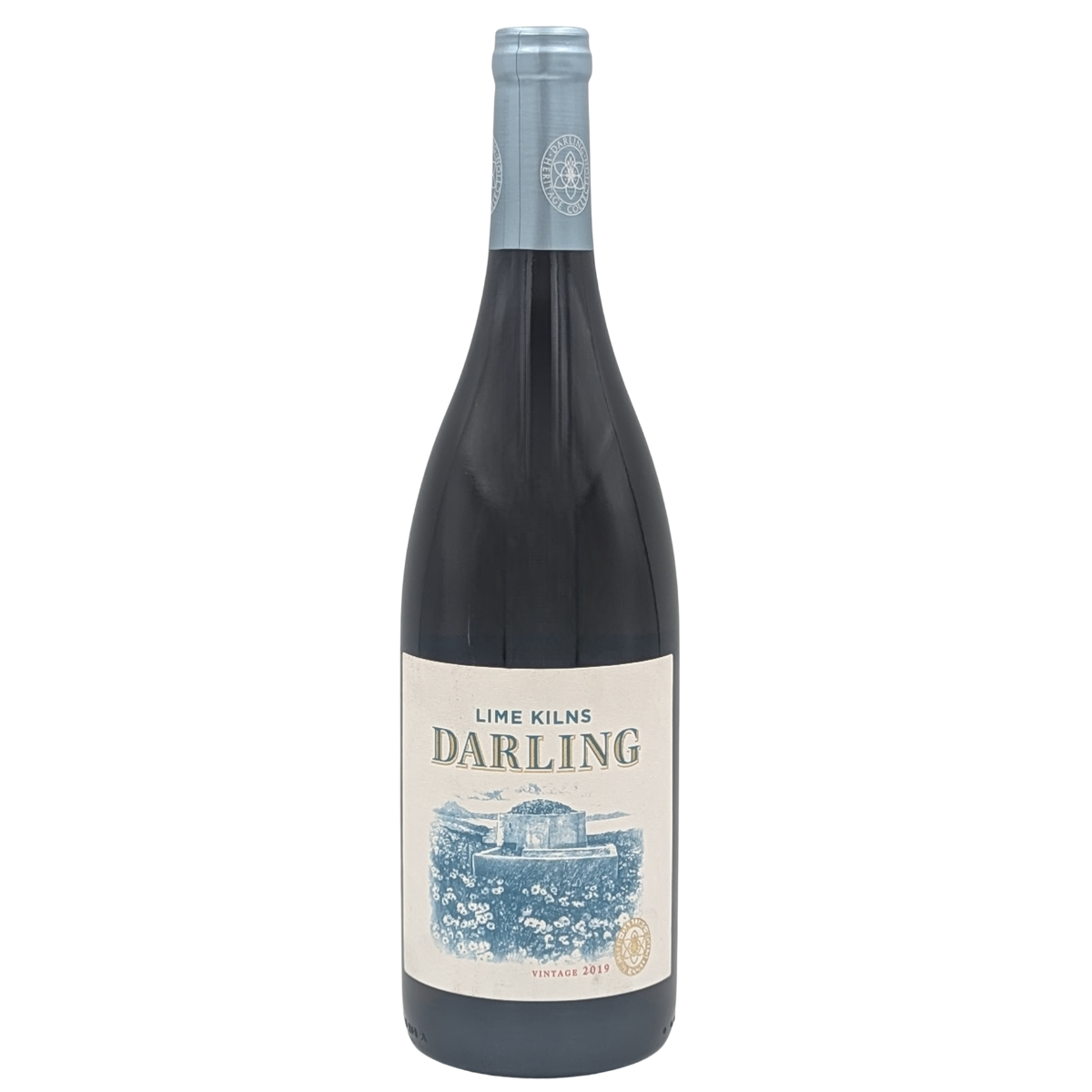
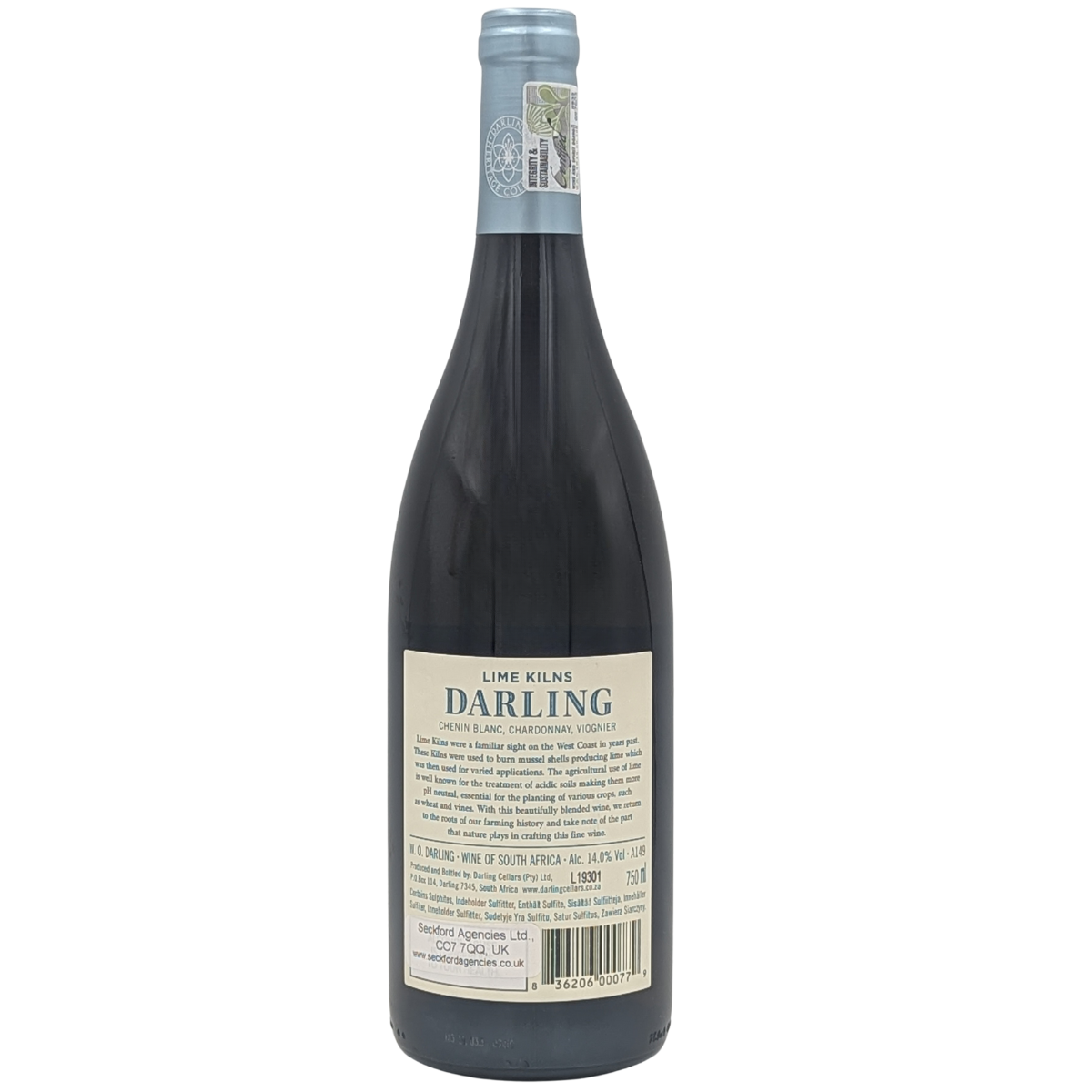
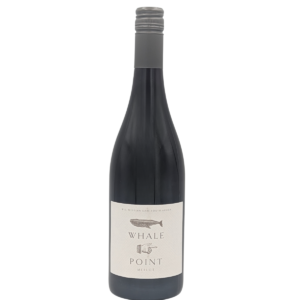

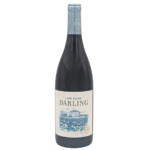
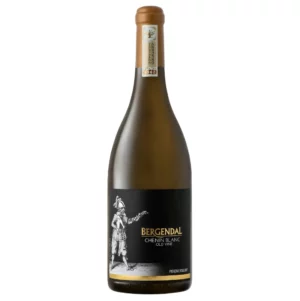

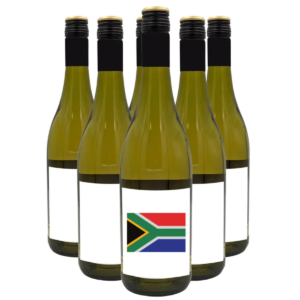
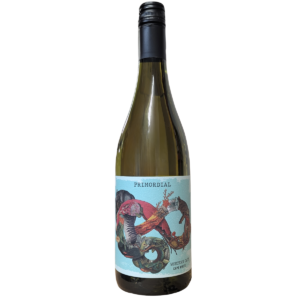
Reviews
There are no reviews yet.